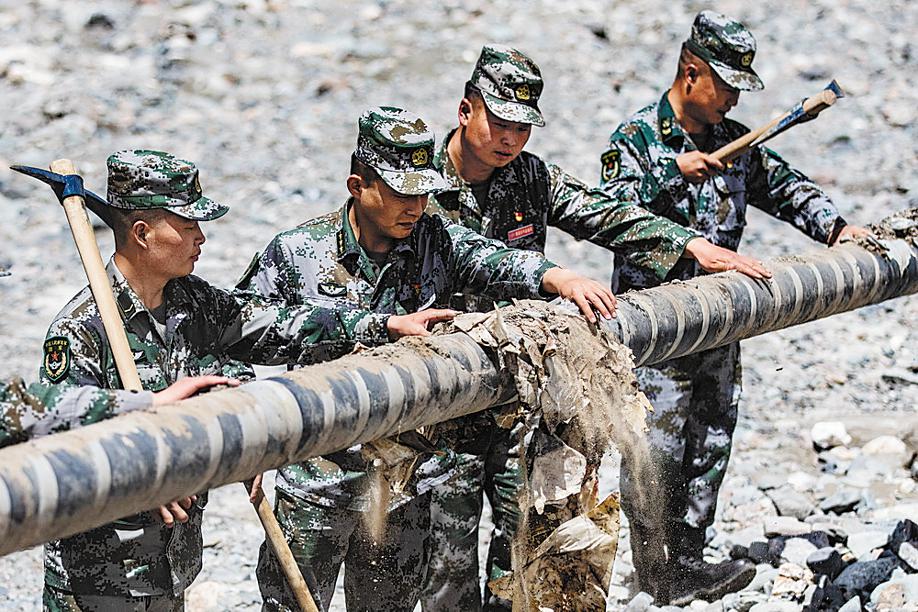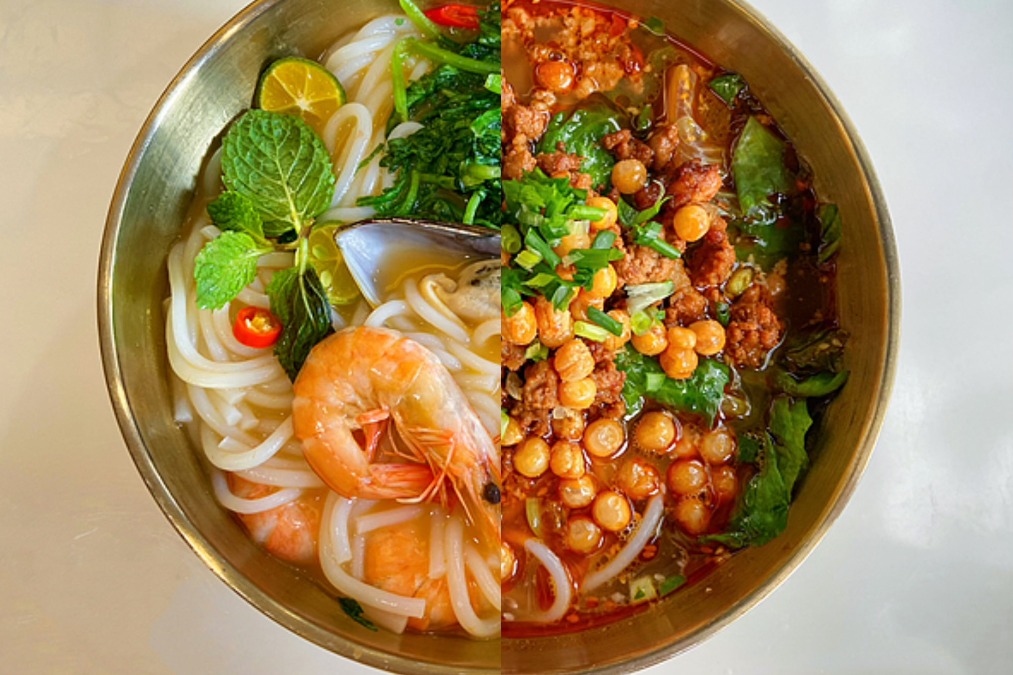Duty outweighs loneliness of long-distance pipeline guard


Pipeline guards clean trash covering the pipeline and check for possible leaks.[Photo by Zheng Liang/For China Daily]
Li Mingtao, Cui's leader, says the region had no oil or electricity. Tibetans used to burn cow dung for heat and light their houses with kerosene lamps. Before the pipeline was built, oil was transported by truck, which led to a large amount of waste because trucks consumed lots of fuel.
"The pipeline has fueled Tibet's economy. That's why people call it the 'happy line'," says Li, who has guarded the pipeline for more than 20 years.
The job is more than just simply conducting a daily patrol. Sometimes when a spillage occurs, it can mean extreme danger, and it requires the guards to plug the leak and expose themselves to possible fires.
Cui recalls that in the winter of 2009, a leak happened near an electricity substation. A mistake in working to plug the leak would have resulted in an explosion. Cui volunteered to plug the leak alone. He fainted after a three-hour repair because of the shortage of oxygen and having breathed in too much noxious material from the leak.
"The doctor said that I might die. That was the first time I was at death's door," says Cui. Fortunately, Cui recovered after two months of treatment in hospital.
Many of Cui's peers call him "guardian angel" of the pipeline. In fact, lots of guards like Cui have devoted themselves to protecting the pipeline.
Apart from a lack of oxygen, they have to struggle with the bitter cold. The temperature can fall as low as-40 C in winter and they have to patrol regularly, despite the strong wind and snow.
Although it's summer, the station where Cui is based has its heating system on.
"Compared with the physical pain we have to endure, the loneliness is more painful," says Zhao Weiqiang, a soldier who has worked with Cui for 10 years.
Zhao says the life of a guard is more or less boring for young people. Day after day, they walk the same route, do the same exercise and even have the same meals, since food is not easy to transport to their station.
Except for surfing the internet in their downtime, they have very little entertainment. Now they're trying to cultivate vegetables and raise animals at their station to help alleviate the tedium. Despite the drawbacks, they still carry their sense of duty.
"To guard the pipeline is our mission and I'm proud to do it," says Zhao.




































